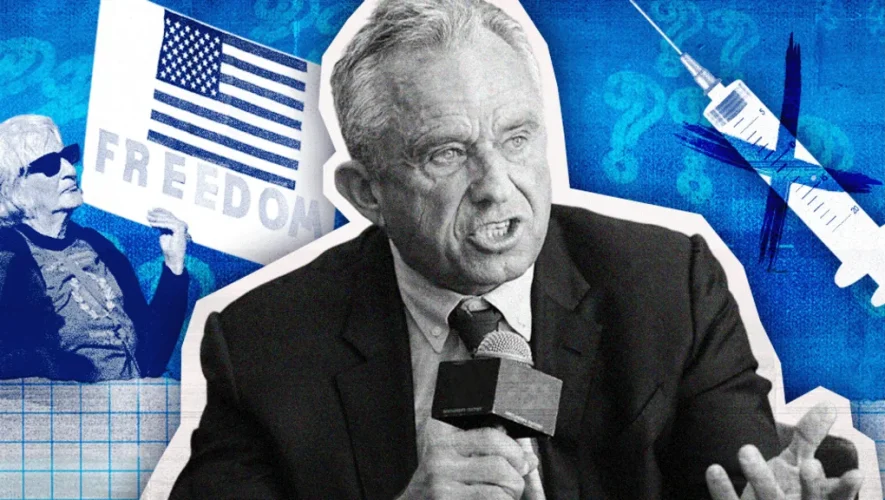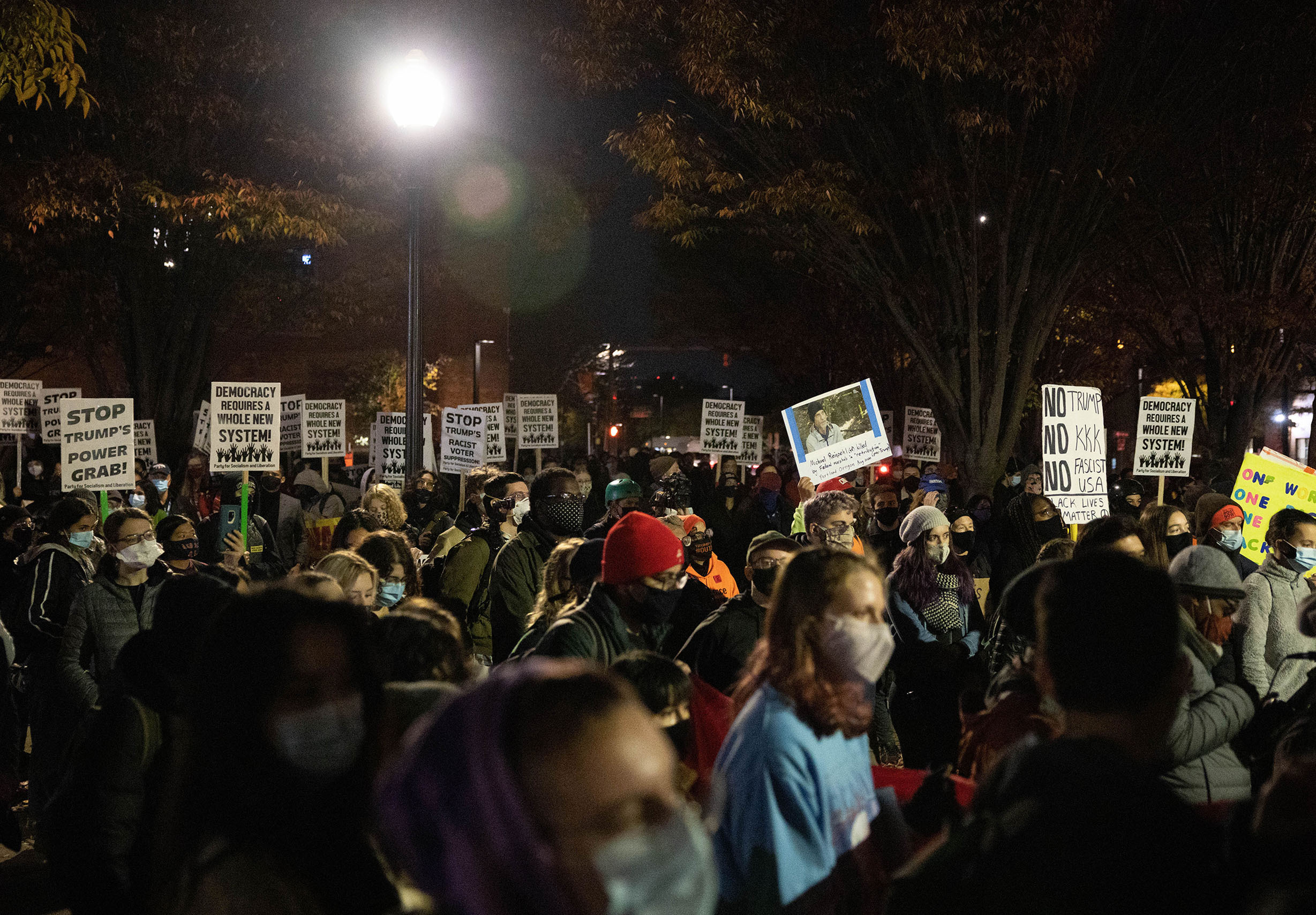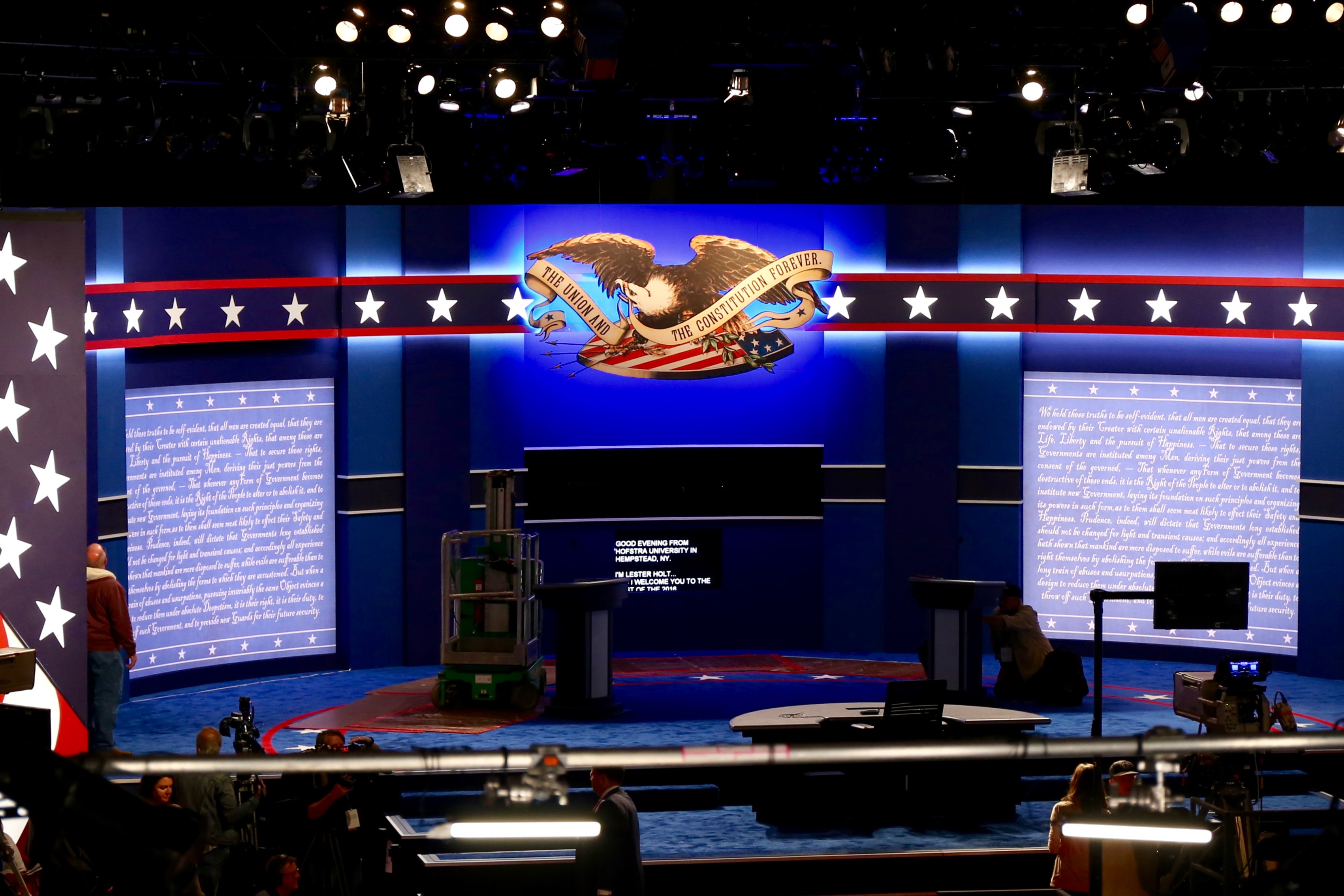America is not healthy. Despite being a world economic leader and carrying the designation of the “greatest country in the world,” the American life expectancy is 78.4 years, while the average for all other comparable countries is 82.5 years. Furthermore, the United States drastically outperforms its peer countries in negative birth outcomes, heart disease, chronic lung disease, drug mortality, and sexually transmitted diseases. Former presidential candidate and current Secretary of Health Robert F. Kennedy, Jr., has proposed a plan to “make America healthy again”: a promise that, for many Americans, feels comforting and necessary.
Kennedy—who has no medical training, nor requires it to join his team—has planned to take an anti-science, anti-establishment approach to his tenure as Secretary of Health. His campaign promises to limit the usage of medical drugs and vaccines, as well as “remove harmful chemicals” from our foods. Many of Kennedy’s claims stem from legitimate concerns, but his solutions blatantly ignore the actual problem with American health: systemic inequality.
MAHA’s Goals
The Make America Healthy Again (MAHA) campaign marks a sharp pivot away from processed foods, turning towards more “natural foods” like raw milk as means of nutrients. This is a misguided attempt at solving a real issue: though Americans consume ultra-processed foods at extreme, unhealthy rates, the introduction of irresponsible ingredients into American diets is not only completely useless, but harmful.
For instance, Kennedy advocates for ingredients like beef tallow, which restaurants and schools initially replaced with vegetable and seed oils because of its high levels of saturated fats—a major proponent of obesity rates. Despite beef tallow’s nutritional risks, Kennedy blames childhood obesity rates on seed oils, vegetable oils, and grains in school lunches, and aims to reinstate beef tallow and other animal-based ingredients. Many health conspiracists have linked seed oils to inflammation and other long term chronic diseases, but the reality is that diets that are high in saturated fats are directly linked to higher obesity rates. Instead of limiting ingredients that are actually linked to obesity and promoting foods that are nutrient dense, Kennedy’s campaign takes a regressionary stance on health and wellness.
The idea that “food is medicine” is a common stance amongst MAHA supporters, who often cite the benefits of a healthy diet. Though this can lead to longevity, this rhetoric has been used to dismiss the positive impact of modern-day science and medicine. Kennedy has criticized FDA funding towards the regulation of prescription drugs, seeking to cut the Prescription Drug User Fee Act (PDUFA), which requires that drugmakers cover the costs of vetting their products. Without the PDUFA, this cost will fall onto consumers. Kennedy has every right to critique the FDA for its flaws, but what he should focus on is how its policies have led to high drug prices, making simple treatments inaccessible for millions of Americans.
Kennedy is no stranger to harmful rhetoric; his decades-long skepticism for vaccinations has helped perpetuate ideas that create a sicker America. Thus, it is unsurprising that “vaccine choice” is a key pillar of MAHA. While proponents of “vaccine choice” advocate for the freedom to choose what happens to one’s body—a necessary aspect of democracy—this choice should not come at the expense of public health. Vaccines are effective because of herd immunity, meaning that they work best when the majority of the population develops immunity to the disease. Because of vaccines, we have effectively eliminated many fatal diseases, such as smallpox and rinderpest. Choice is important, but what is more important is the government’s responsibility to protect its citizens.
Policy Recommendations for Kennedy
The common pattern with MAHA is not the problems it identifies, but its backwards methods of solving them. The United States has a health problem, but this stems from the fact that a healthy lifestyle and access to healthcare have become privileges. 54 million Americans are food insecure, and 23.5 million Americans live in food deserts: areas where access to healthy food options is limited or nonexistent. Food deserts occur in low income communities, often because grocery retailers see these communities as a bad market for their products. Additionally, those who have lower incomes will often aim to eat the cheapest option, which in most cases, is fast food.
Fast food is notoriously detrimental to human health because of its lack of nutrients, high caloric density, and excess amounts of sugar, saturated fats, and sodium. This has tangible effects on these communities, as people of lower incomes are significantly more likely to be diagnosed with preventable diseases, such as COPD, diabetes, pneumonia, and asthma.
The most effective way to combat this issue would be to regulate grocery store monopolies, which drive up the price of groceries for consumers. Another important step would be to create financial incentives for grocery retailers that open in food deserts. Not only does Kennedy have no plan to address food deserts at all, let alone take action, but he plans to terminate many of the programs aimed at aiding those struggling with food insecurity. He has stated that he plans to limit Supplemental Nutrition Assistance Program (SNAP) users from purchasing “very unhealthy foods.” Unsurprisingly, he has done so without acknowledging that these processed foods are sometimes the only foods available.
Low income communities are undoubtedly the most affected by the shortfalls of the American healthcare system. About half of Americans say that healthcare is difficult to afford, and 8 percent of Americans lack health coverage all together. Even with health insurance, the price of healthcare remains astronomically high. Despite these high prices, the American healthcare system ranked 69th in the world. This system is not just unfortunate, but lethal, as more than 26,000 Americans die each year because of a lack of access to healthcare. During the COVID-19 pandemic, over half of low income communities nationwide had no access to ICU beds, and hospitals in economically disadvantaged communities have a lower quality of care on average.
The idea of universal healthcare has been deemed “radical” and seems like an outlandish concept in the United States, and therefore is overlooked. It is outlined in our Declaration of Independence that all Americans are entitled to life, liberty, and the pursuit of happiness, but as things stand, American politicians are denying Americans life in favor of the facade of liberty. Accessible healthcare saves lives, and an advanced country like the United States should make this a priority.
Universal healthcare might be an obstacle too high to climb, as it would require a significant change in either the allocation of the United States budget, taxation protocol, or both. Because hospitals are businesses, they increase prices for profit, just as any other business does. For example, a hip replacement in the United States costs $28,167, while it costs $16,622 in New Zealand, the next most expensive country. Regulating profits of large healthcare entities and promoting initiatives to increase access to healthcare in underserved areas should be a priority, but Kennedy has directed his attention elsewhere.
What MAHA completely misses is that health is a privilege in this country, and that is what needs to change. While Kennedy promotes plans that simply sound good, Americans who need access to quality healthcare and affordable healthy food suffer. As a population, we must learn to think critically about public health and seek to bridge the inequality gaps both in our healthcare and food systems. Instead of crafting amorphous issues that are only solved by making our population sicker, Kennedy should be listening to those who need help the most and working to make a healthy life a basic right.



